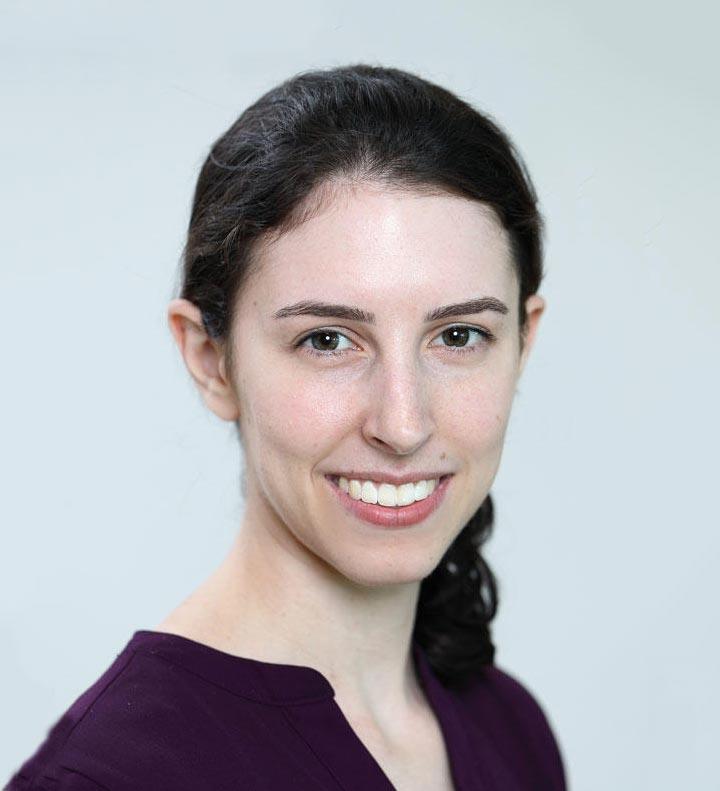
Lauren M. Hurwitz, Ph.D., M.H.S.
NCI Shady Grove | Room 6E612
Biography
Lauren Hurwitz, Ph.D., is a staff scientist in the Occupational and Environmental Epidemiology Branch (OEEB). She came to DCEG as a postdoctoral fellow through the Cancer Prevention Fellowship Program, first in the Metabolic Epidemiology Branch and later in OEEB. During her fellowship, she studied modifiable risk factors, including aspirin use, pesticides, and obesity, in relation to prostate and ovarian cancer risk. She became a staff scientist in 2024.
Dr. Hurwitz earned her Ph.D. in epidemiology in 2018, from the Johns Hopkins Bloomberg School of Public Health, Baltimore, Maryland, where she studied associations between use of aspirin and other nonsteroidal anti-inflammatory drugs and prostate cancer incidence, mortality, and recurrence. She has been recognized with several awards, including the Coleman Minority Health and Health Disparities Research Innovation Award, the Cancer Prevention Fellowship Program's Merit Award and Trans-Fellowship Research Award, and the NIH Fellows’ Award for Research Excellence.
Research Interests
Dr. Hurwitz supports research to investigate occupational, environmental, and lifestyle risk factors for cancer and conducts molecular epidemiologic studies to investigate potential carcinogenic mechanisms. She provides support for AsiaLymph, a large hospital-based case-control study of lymphoid and myeloid malignancies in East Asia, and for the Shanghai Women’s Health Study.